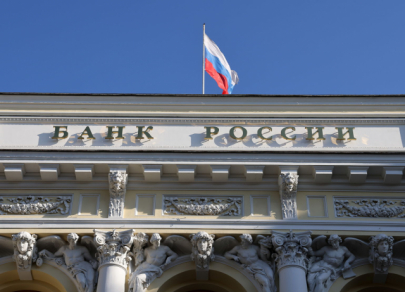FX.co ★ 5 countries with largest forex reserves
5 countries with largest forex reserves
China
China is the world leader in forex reserves, estimated at $3.62 trillion. Such substantial reserves allow the country to stabilize its national currency, the yuan, and effectively manage its economic policy. Besides, the huge foreign exchange reserves enable China to actively participate in international trade and maintain high economic growth rates. Currently, the country ranks second in the world in GDP, making it one of the leading economic powers.
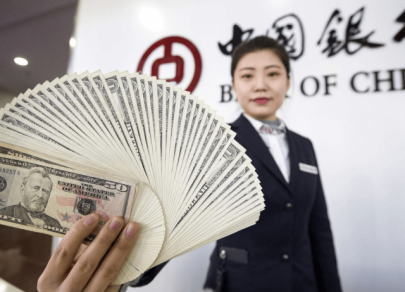
Japan
Japan holds the second-largest foreign exchange reserves in the world, estimated at $1.33 trillion. The bulk of these reserves consists of foreign currencies, primarily in the form of securities, and deposits at central banks and the Bank for International Settlements. Japan's gold reserves are worth nearly $55.7 million, which is also an important component of the economic stability. In recent years, Japan has actively used its reserves to prop up the ailing yen and safeguard the economy amid global economic challenges.
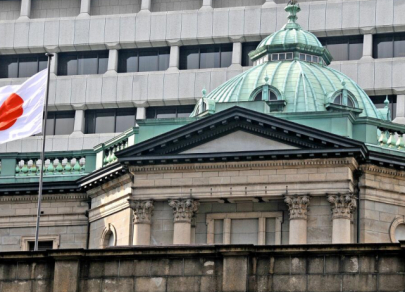
Switzerland
Switzerland also holds substantial foreign exchange reserves, amounting to $884 billion. These reserves include foreign currencies (US dollars, euros, and Japanese yen), gold, Special Drawing Rights (SDRs), and positions in the IMF. Switzerland actively invests its reserves in high-quality bonds, including government and corporate bonds rated AAA and AA. These measures ensure a high degree of economic independence and financial stability for the Alpine country.
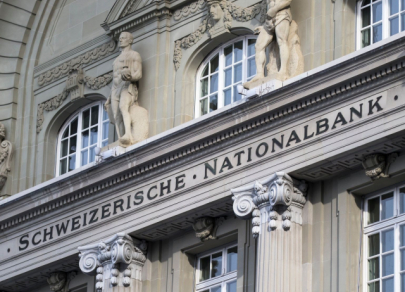
India
In 2024, India's foreign exchange reserves stand at a record $650 billion, thanks to the growth of foreign currency assets and the expansion of gold reserves. Many analysts believe that the increase in reserves will help India improve its credit rating in international markets, attract more foreign investments, and contribute to the country's sustainable economic growth.
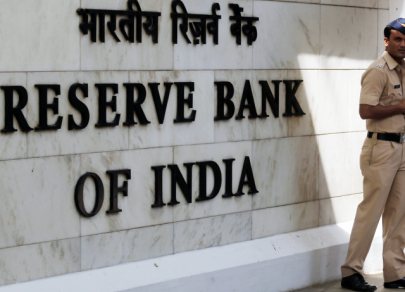
Russia
Russia has amassed foreign exchange reserves of $590 billion. The lion’s share of these reserves is concentrated in US dollars, euros, and other major currencies. Gold also accounts for a large portion of the reserves, providing additional stability and protection against inflation risks. The central bank actively manages Russia's reserves to maintain the stability of the ruble and cover external debt obligations. Hefty foreign exchange reserves help Russia cope with economic sanctions and maintain financial independence amid global economic jitters.
